Noticia
The Salesian Education Model
Quito,
jueves 15 noviembre 2018
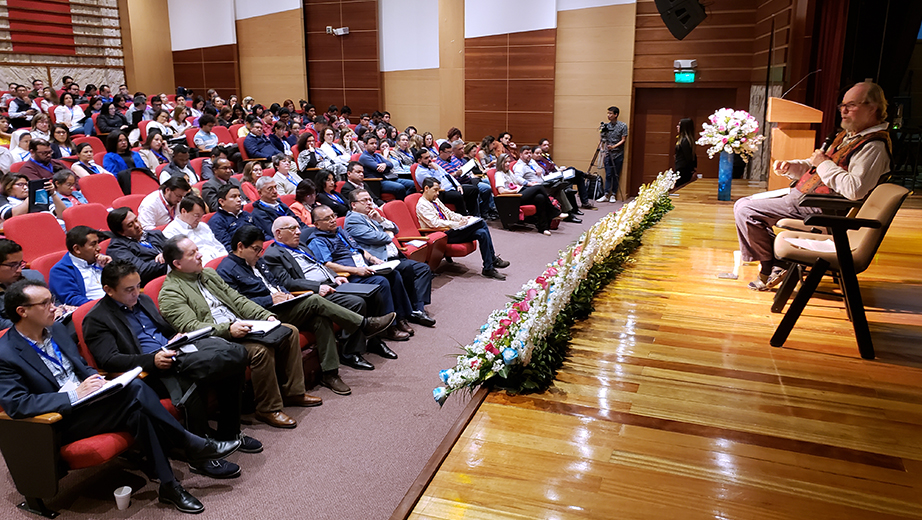
Carlos Rodrigues Brandao, during his talk
The Congress on Salesian Education titled "The Salesian Pedagogical Model" held the following talks:
- "A historical analysis of popular education" by Carlos Rodrigues
- "The objectives of sustainable development: the 2030 education agenda in Latin America" by Magaly Robalino
- "Current education" by Antonello Vedovato
Carlos Rodrigues from Universidade Estadual de Campinas began his talk by recalling greek schools, when education was the right of the government and duty of the person (child, teenager, family) until European education, which spread to Latin America, placed people as just another input of the capitalist system. He spoke about his visit to Ecuador in 1969. "We went to Riobamba to meet Leonidas Proaño who had secretly invited us. We were there for two days teaching Paulo Freire's literacy method".
Magaly Robalino, director of the UNESCO office in Lima, spoke about the objectives of sustainable development and the framework of the 2030 education agenda in Latin America, which seeks to guarantee an inclusive and equitable quality education, promoting learning opportunities for all. "The challenges of higher education are inclusion, democratization, quality, co-responsibility, this must be a public good, a reference for a new model, an agent of transformation and universities must be social agents and a point of articulation for innovations", she said.
Antonello Vedovato, promoter of the educational digital platform Edulife, spoke about the transforming contribution of the "311"program that implies believing in young people. "We seek to open spaces that favor freedom and creativity, we attract and value competent relationships on issues of social innovation from a pedagogical vision that seeks to accelerate learning, establish greater professional skills and with it the emergence of new economies." I believe the Salesian educational model is a universal heritage and constitutes a real response to social changes.
Contenidos Relacionados
Contenidos Relacionados
Noticias Relacionadas
Noticias Relacionadas

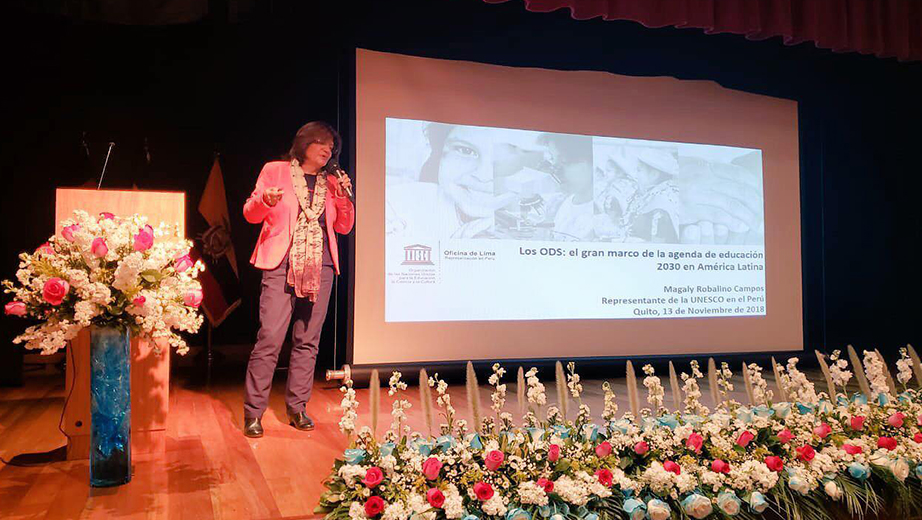
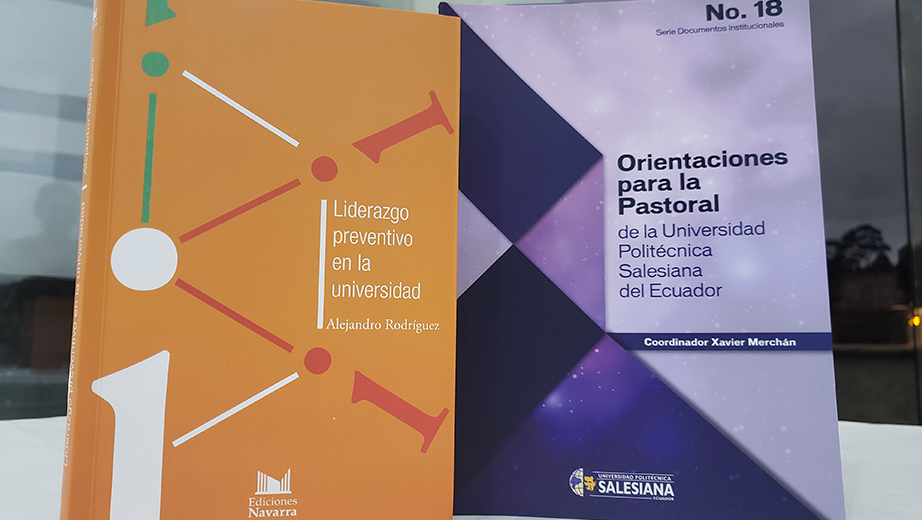
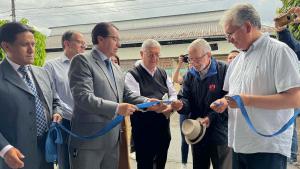
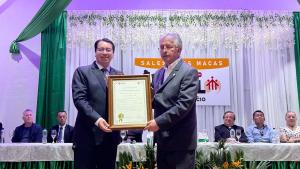
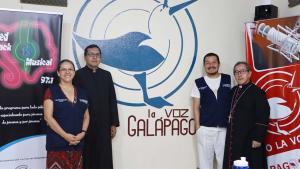
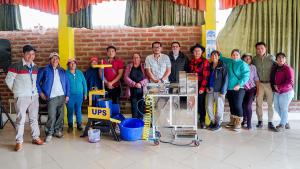
Follow us
Follow us